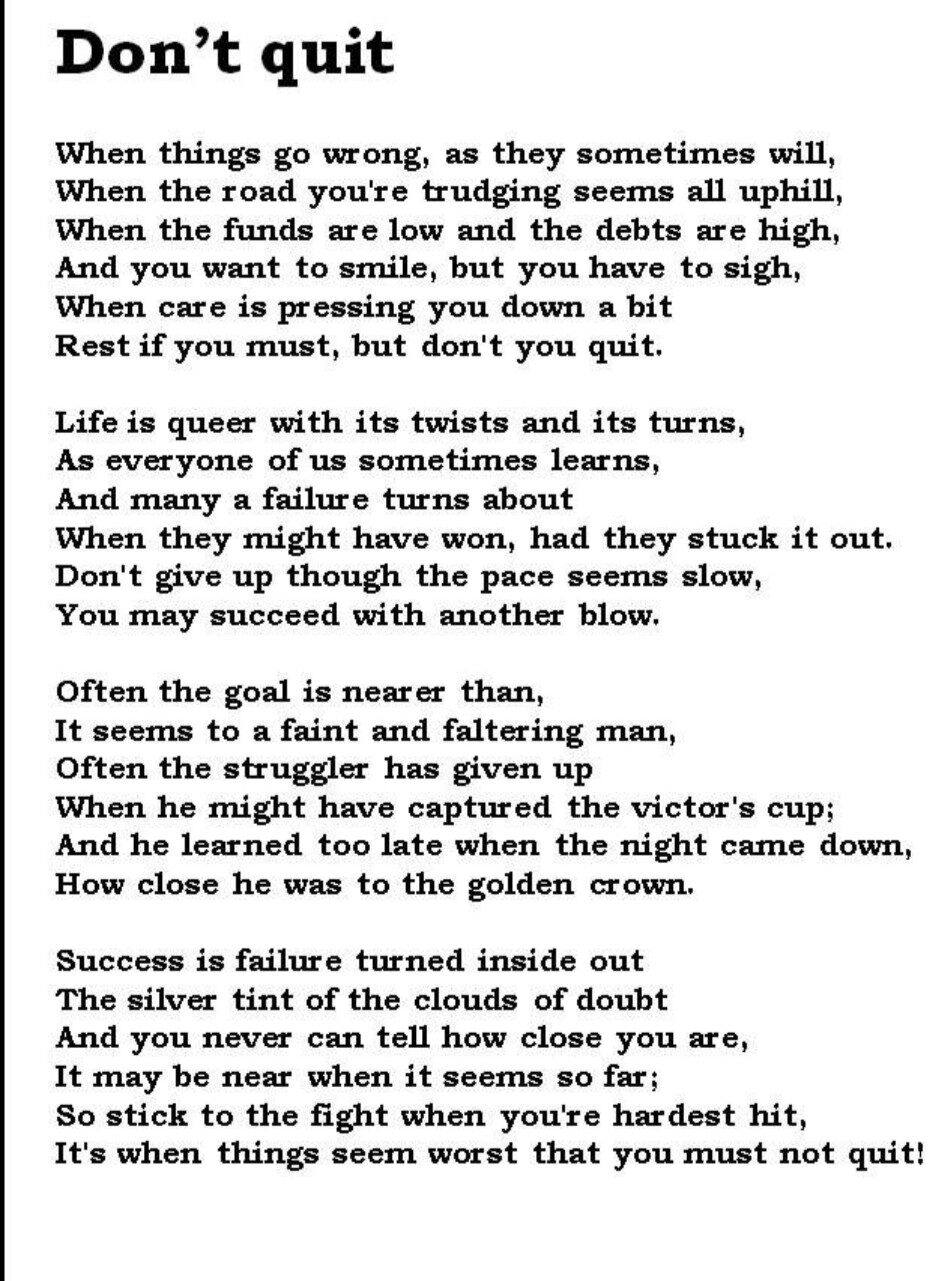Answers to Your Questions
How long is the average session?
Adult sessions are 45 to 50 minutes. A child's session is anywhere from 15 to 40 minutes depending on the age of the child. Couples and families normally require 50 to 60 minute session.
What is the cost?
First thing you need to know is that I do accept most insurances which should pay a part of the cost. If you don't have insurance I will be able to offer you a sliding scale fee based on your income. You will need to bring proof of income to your first session.
How often do I need to have a session?
The rule of thumb is once a week. Stretching it out between sessions only slows the process and it will take longer to see true progress.
How long will therapy take?
Everyone's different. It may take quite a long time to work through trauma and that can be difficult. You should see some progress each month. If you are feeling stagnant, bring that up in session. There may be something we can do to get you unstuck. The goal of therapy is to help you develop skills, insights, and perspective so you can take what you've learned and apply it on your own. You wouldn't be in therapy forever.
Can we ever really resolve my issues?
Yes. The pain may never go away completely, but you can get to a point where those feelings no longer take up all your energy and prevent you from being able to do other things in your life. Research shows that the sooner you start the better the outcome.
What do I talk about? What do I tell you?
Just start talking. You unconscious mind will focus on the spot, that emotional place you need to start from. Lay it all out on the table, even if it is painful or embarrassing. You should definitely tell me what you are feeling or thinking about.
What if I lied to you?
That is valuable stuff. If you lied to avoid uncomfortable feelings, talk about it. You can get to some very important material. All the ways we skitter from emotional discomfort is important to therapy.
I don't want a therapist judging me.
As a therapist it is my job to help you examine and solve what's getting in your way. Judgment doesn't play a part in that process.
Isn't therapy just a bunch of wallowing?
Therapy is about making it so your issues no longer hold so much power over your thoughts and feelings. It can be a painful and overwhelming process, but the therapist is there to guide you through.
Why can't I just talk to my friends?
Are my problems serious enough for therapy?
Therapy is designed to help you enhance your well-being what ever the issues might be. Therapy doesn't need to be long-term. It can be directed at any obstacle, small or large. Use it for anything that is affecting your quality of life.
Going to therapy means I am weak and unstable.
It takes strength and courage to admit you need help. Would you consider yourself weak for seeking treatment for cancer or heart disease?
ACCEPTING Insurance
Medicaid
Blue Cross Blue Shield
Midlands Choice
Aetna
United Healthcare
Nebraska Total Care
WellCare
Employee Assistance Programs
If your company offers an employee assistance program you may wish to utilize this resource. These services may include referrals to a therapist for short-term counseling. They normally pay for 3 to 6 sessions. Totally confidential.


